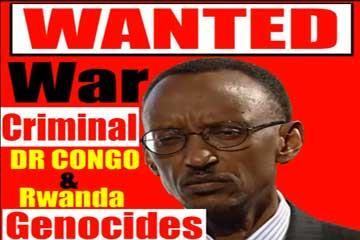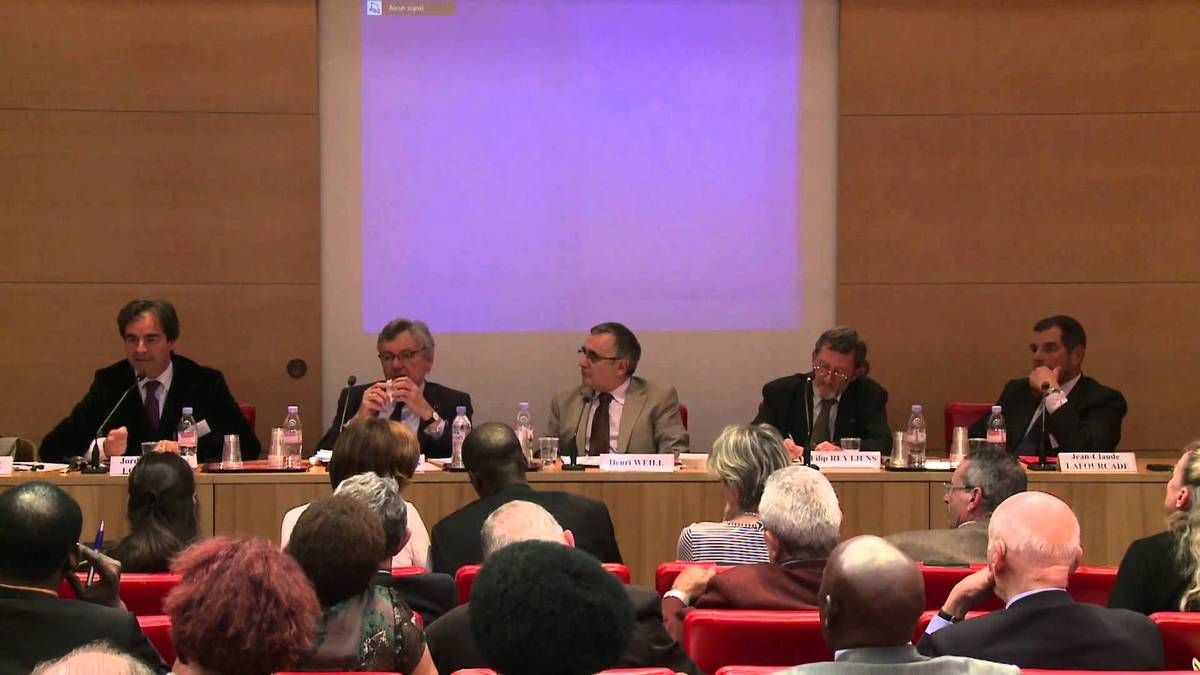Rwanda : Spanish Court Revives Case against Kagame’s Military Entourage

The decision by three judges on Spain’s national court was issued on June 29, 2017, and will be sent to investigating magistrate Fernando Andreu Merelles for approval, said Jordi Palou Loverdos, a lawyer for families of Spanish victims, in an interview. In 2008, Judge Andreu gained international acclaim when he indicted 40 military officials of the ruling Rwandan Patriotic Front (RPF) on charges of genocide, crimes against humanity, and terrorism dating from the 1990s. The case initially stemmed from the murder of nine Spanish citizens in Rwanda and neighboring Democratic Republic of Congo, but widened in scope to prosecute RPF military officials for more serious war crimes against Rwandan and Congolese civilians.
In 2014, in a bid to improve economic relations with China and the United States, the Spanish People’s Party eroded the country’s doctrine of universal jurisdiction, which had long sought to investigate crimes beyond its borders and hold abusive leaders accountable. The changes in legislation restricted the courts’ ability to prosecute atrocities committed abroad because they required that defendants be Spanish or be residing on Spanish territory. Human rights defenders slammed the legislation, and lawyers contested the amendments in constitutional court.

While there is no new change in Spain’s laws, the decision is a new interpretation of universal jurisdiction, he explained. “This is a new interpretation of international and national law. This means that we still hope for justice. We began this case on behalf of Spanish citizens, then worked for Rwandan and Congolese victims as well. We are still on the same path,” Palou Loverdos said. The decision by Spain’s national court was issued after Palou Loverdos submitted a new request involving General Kayumba Nyamwasa, Rwanda’s former defense chief who was indicted by Spain for his leading role in ordering the killing of Spanish citizens. Nyamwasa fled to South Africa in 2010 after falling out with Kagame.
In June, South Africa’s Supreme Court withdrew his refugee status and gave the South African government six months to reconsider his status. Nyamwasa has faced three attempts on his life while residing in South Africa, allegedly at the hands of Kagame’s operatives. “We hope to have an active extradition of Kayumba Nyamwasa at last. South Africa is a state party to the European Extradition Convention so theoretically there is an international obligation of South Africa to deliver General Nyamwasa to the Spanish authorities or prosecute and judge him there for the same crimes.” The Spanish legal team faces major judicial hurdles. No government in Europe, North America, or Africa was willing to extradite any of the 40 Rwandans indicted in 2008 on war crimes. Kagame has benefited from widespread international support despite well-documented human rights abuses committed by his military intelligence apparatus for 27 years in Rwanda and two decades in neighboring Congo. He and his commanders have enjoyed de-facto immunity from prosecution at the International Criminal Tribunal for Rwanda and the International Criminal Court (ICC).

Source : Foreign Policy Journal
